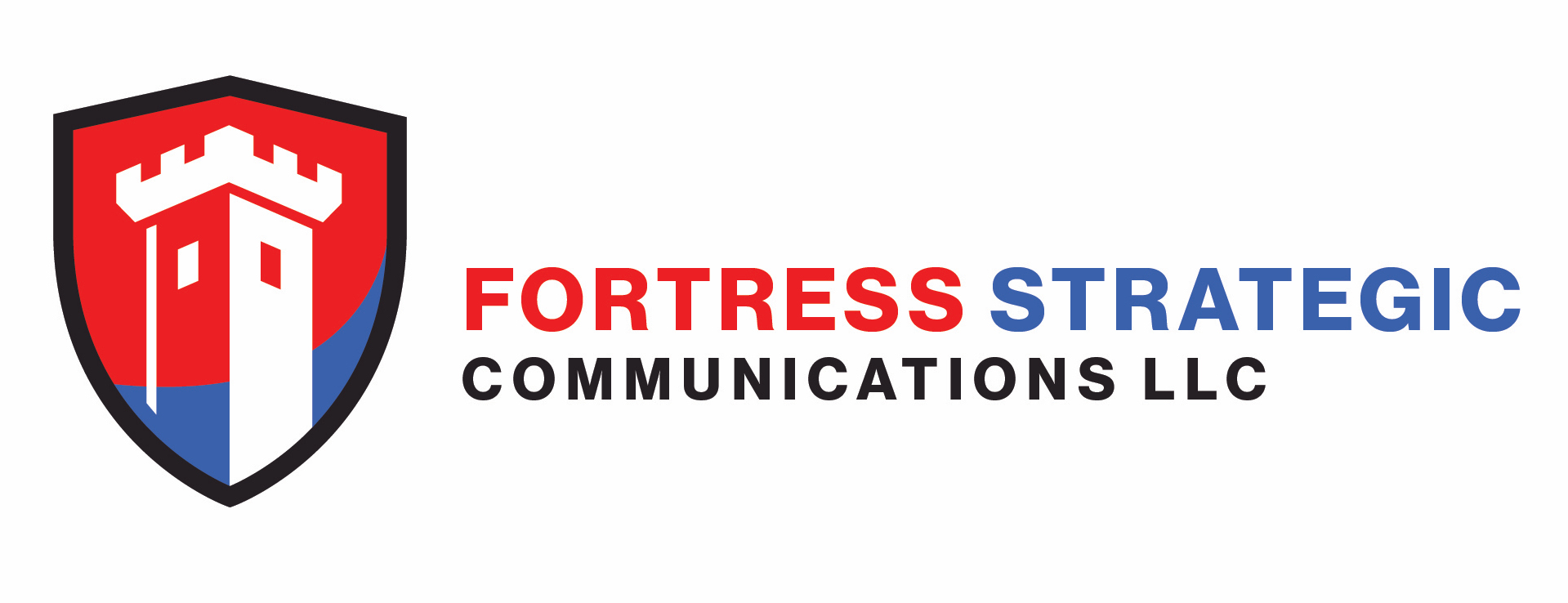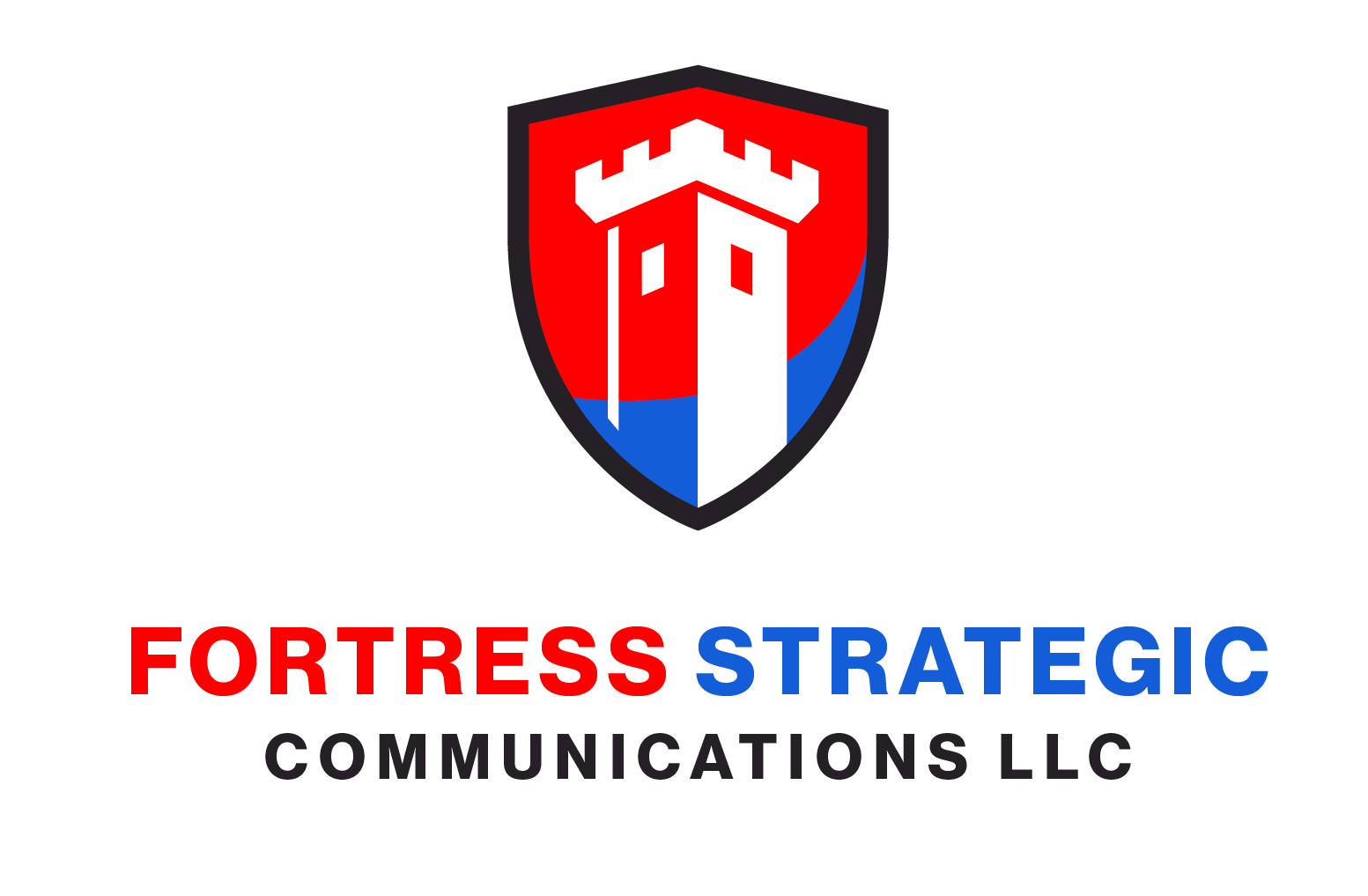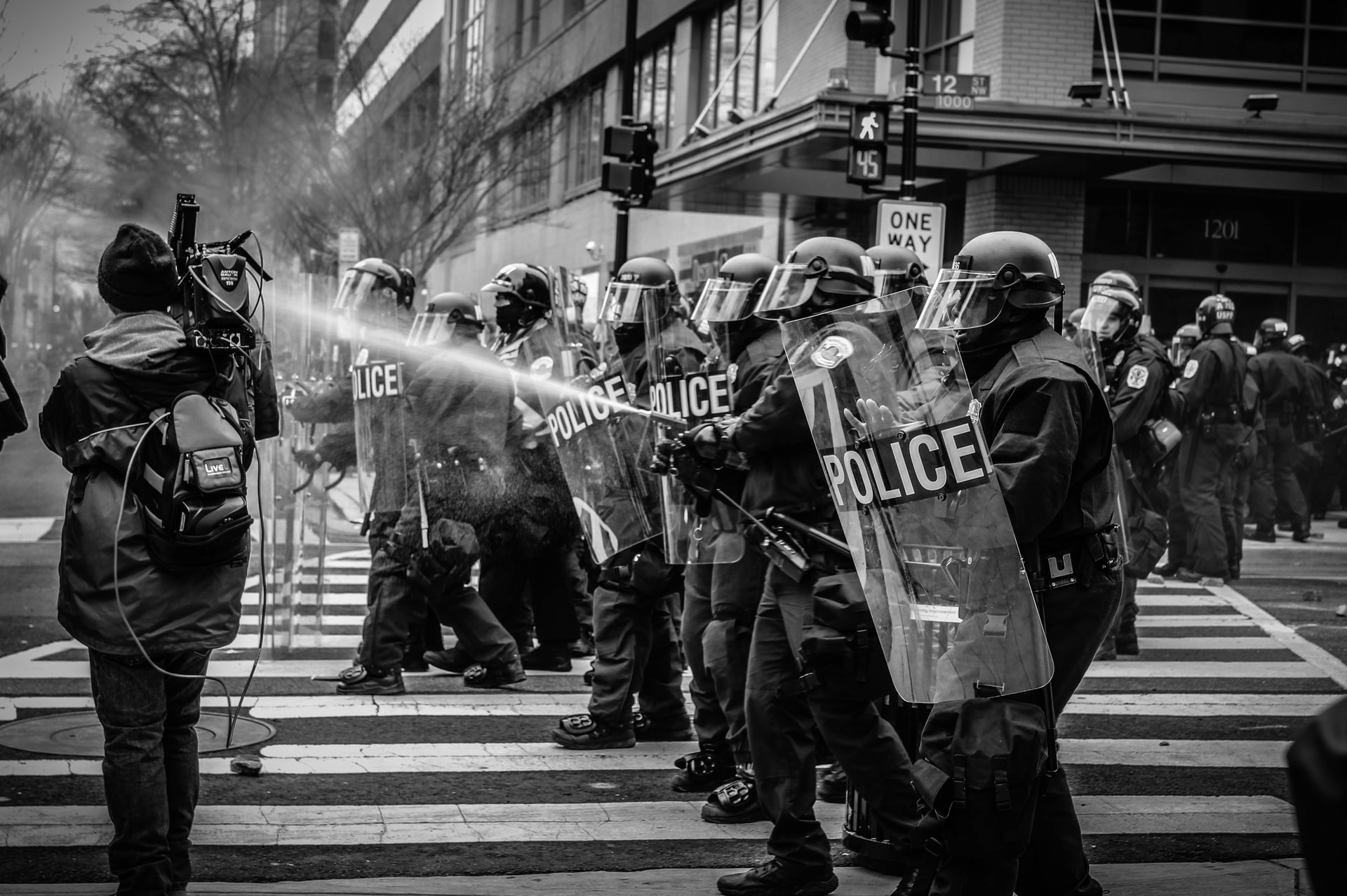
Pushing Marketing Boundaries? Expect Pushback!
During the recent California wildfires, a Ford dealership in Simi Valley, California ran an email marketing campaign promoting new deals on trucks. The dealership is near Thousand Oaks, between the areas where the Hill and Woolsey fires raged.
According to SFGATE, the email included photos of a truck and SUV photoshopped onto an autumnal background of orange and red leaves.
The ad campaign ignited a social media firestorm–literally–due to the incendiary and insensitive copy they approved:
“Well, we didn’t catch fire but these deals are smoking hot. Take a look!”
Clearly the problem is not when they ran the advertisements, but what they said. The #socialmedia universe erupted at the company’s insensitivity, bad taste, and poor judgement.
According to the Daily Mail, the dealership tried to apologize via Facebook, but later removed the post. Here is part of the apology:
You can read the post in full on Reddit. Even the apology drew criticism.
A short time later, according to The Daily Mail, a spokesman for the dealership commented, “Recently, we expressed ourselves in a way that does not reflect our values. We are sorry. Simi Valley is our home and, like all of us who live here, we will continue to assist during these difficult times.”
In a similar case just last year, Pepsi Cola lost their fizz with an advertisement featuring Kendall Jenner. According to The New York Times, the ad, posted on YouTube, “…shows attractive young people holding milquetoast signs with nonspecific pleas like ‘Join the conversation.’”
The protesters are uniformly smiling, laughing, clapping, hugging and high-fiving. “In the ad’s climactic scene, a police officer accepts a can of Pepsi from Jenner, a white woman, setting off raucous approval from the protesters and an appreciative grin from the officer.”
The Times reported, “In torrid criticism after the ad was posted, commentators on social media accused Pepsi of appropriating imagery from serious protests to sell its product, while minimizing the danger protesters encounter and the frustration they feel.”
Elle Hearns, executive director of the Marsha P. Johnson Institute and a former for Black Lives Matter organizer, said the ad devalues sacrifices people have made over the years to effect change via protest.
“No one is finding joy from Pepsi at a protest,” Hearns observes. “That’s just not the reality of our lives. That’s not what it looks like to take bold action.’”
Public backlash stressed that the ad trivialized the Black Lives Matter movement.
Pepsi was forced to pull the ad and apologize.
Simi Valley Ford and Pepsi-Cola probably meant no real harm, but they surely missed the forest for the trees. Advertising execs are always looking for a clever or catchy phrase, or trying to find a way to capitalize on a current event or social theme. For example, most companies promote theme-specific ad campaigns around #superbowl, #Christmas, #backtoschool.
But clever and current only work when no one gets hurt. And a reputation for callous behavior only undermines the public’s trust in a company.
The lessons are simple, yet sadly often forgotten:
- Avoid capitalizing on someone else’s misfortune. A marketing message of support or encouragement is more powerful, less risky and a safer option for your company’s reputation.
- Do not use copy that devalues or mocks individuals or groups. Play it safe.
- Be cautious when referencing events linked to current issues; if you must factor them in, avoid being too catchy or clever.
- Test the ad and its content with a diverse sample of stakeholders and target customers before launch.
- If you decide to be ‘clever or cheeky,’ at the very least have a crisis communications plan in place that can be rapidly activated should your PR or marketing efforts backfire.
- Monitor social media platforms for “chatter”’ to see how your messaging is resonating and what the channels are saying for at least 24hours after dissemination.
- If things take a turn for the worst, take rapid action based on what you see and hear on social media. Tweak messaging if necessary.
- Always be open, honest, and up front with your communications.
- Ensure that stakeholders, both internal and external, are kept in the loop.
- If you push marketing boundaries, you have to accept the risk of a fierce pushback if you get things wrong.
–ENDS—
About Fortress Strategic Communications:
Fortress Strategic Communications provides specialized strategic public relations and crisis communications consulting to companies that offer products, services, and solutions designed to manage and mitigate all types of risk. Typical clients are active in the security, disaster recovery, cyber security, safety, business continuity, homeland security, and emergency management domains. FSC also provides public relations counseling to startups looking to enter the broader enterprise risk management arena. The company draws on their executives’ combined 20 years of global experience in a broad array of vertical markets. For more information please visit www.fortresscomms.com or contact us via info@fortresscomms.com













